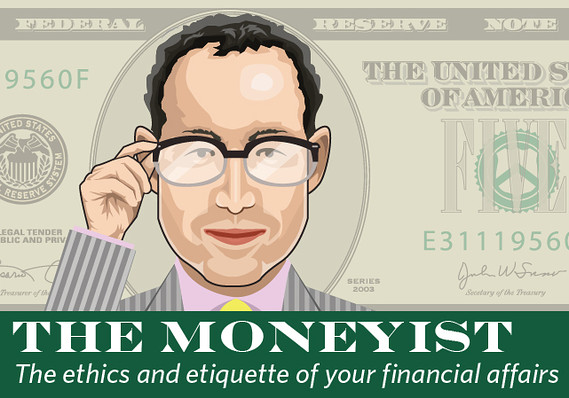Dear Moneyist,
I became ill suddenly and had to retire at 62. When I was divorced at 45 I had nothing. I re-grouped, saved, saved and saved, put two children through college and rose through the ranks at work.
When I retired, I had two years of expenses in an emergency fund (it is still there), zero credit-card debt and have lived very frugally on my small pension and Social Security Insurance since then. When I was making six figures at work, I took out credit cards to get miles, rewards etc. I have quite a few. Because I am not using them, I am getting annual fees (I have about 10).
I want to cancel these accounts because I’m wasting $1,000 a year in credit card fees, which is sinful to me. However, most people say cancelling the cards will affect my FICO score. My FICO score is 780 and the notes on the credit-card report said high limits on multiple cards is a negative. I want to cancel these cards with the high limits and save the wasted fees.
How will it really affect my FICO?
Linda
Dear Linda,
This is not the time to lose sleep over your credit score. Presumably, you are not taking out a mortgage, and you are in good enough financial shape not to need to take out a loan for a car or any other big ticket item. Even if your credit score did take a slight hit after canceling a rake of cards — which is not a given — you would bump it back to the previous level by keeping your balance low (relative to your maximum overdraft) and paying your bill on time.
Closing an account with no balance and no late or missed payments will remain on your credit score for approximately 10 years as positive information, according to credit-card comparison site CreditCards.com. This lasts even longer than the seven years of black marks. It makes sense to close the newer accounts first, since they have a shorter credit history. Request written confirmation and, obviously, redeem your points first. Also, try negotiating with the companies to go fee-free.
Don’t miss: My father left his home to his kids — my stepmother sold it for $1 million
One-third of people don’t realize that they have more than one credit score. The country’s three main credit bureaus — Experian
EXPGY, +0.08%
Equifax and TransUnion — collect the information on which credit scores are frequently based. Some lenders may be unwilling to accept just one credit score, if they suspect that it doesn’t represent the full picture. And scores can vary. In 2014, Fair Isaac Corp.
FICO, +0.63%
announced a change, putting less focus on medical-related debts.
Also see: Is it wrong to make $1,000 by credit-card hopping?
Other good news: Last year, Equifax, Experian
EFX, -0.45%
and TransUnion
TRU, +0.44%
started a new policy that raised around 12 million consumers’ credit scores. The agencies began collecting more specific information about the public records that are included on credit reports, including bankruptcies, civil judgments and tax liens — which means consumers won’t be penalized as severely as they previously were for those black marks on their credit histories.
How much credit you use is just as important, if not more so, than the amount of available credit. The Moneyist Facebook Group also has advice for you, highlighting the fact that you will pay $10,000 in annual credit-card dues over the next 10 years alone. Think what you could do with that money. Call the credit-card company and switch to a no-fee card (or just cancel it). Another member suggests closing one a month. (Or even two a month.) Don’t be a slave to your credit score.
You have already proven you are smarter than that.
Do you have questions about inheritance, tipping, weddings, family feuds, friends or any tricky issues relating to manners and money? Send them to MarketWatch’s Moneyist and please include the state where you live (no full names will be used).
Would you like to sign up to an email alert when a new Moneyist column has been published? If so, click on this link.
Get a daily roundup of the top reads in personal finance delivered to your inbox. Subscribe to MarketWatch’s free Personal Finance Daily newsletter. Sign up here.
Source : MTV












